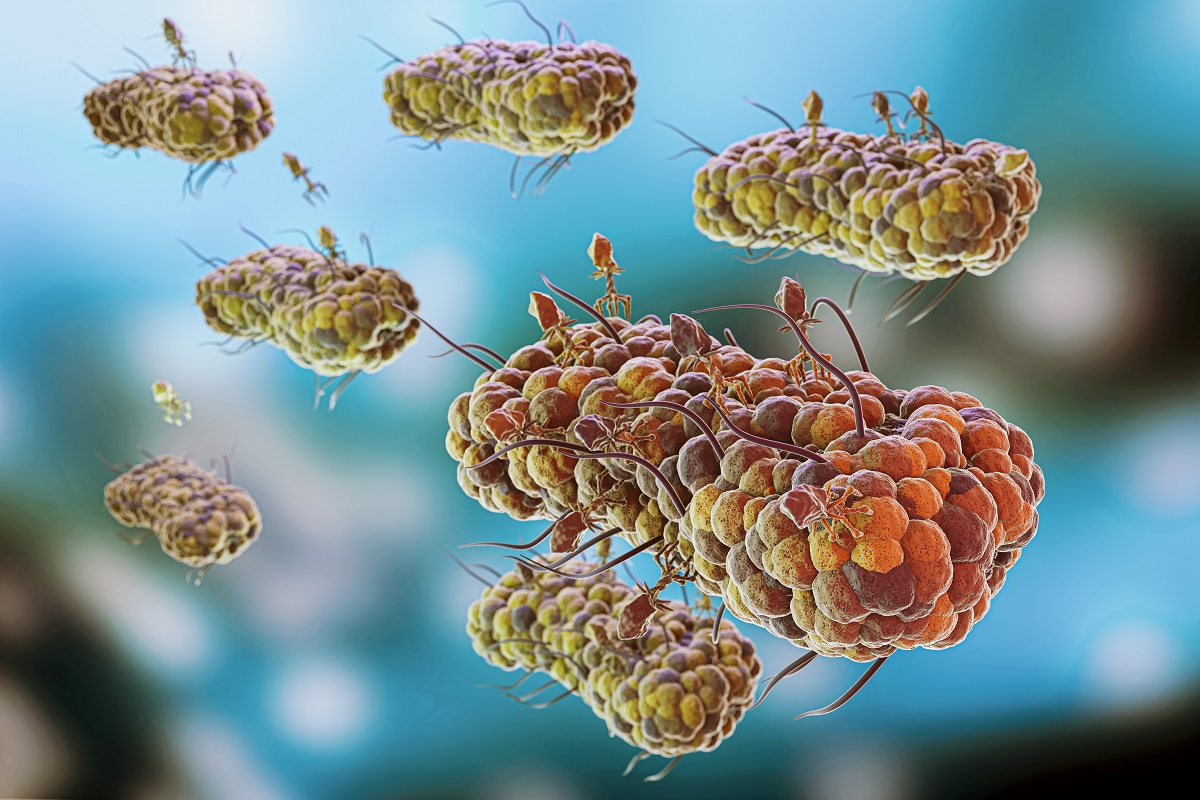KEY TAKEAWAYS
- The study aimed to investigate the impact of NICT on the TME and the activation of CD8+ T and CD16+ NK cells in patients with ESCA.
- Researchers observed that NICT improves survival and efficacy in resectable ESCA by enhancing immune cell activation.
Esophageal cancer (ESCA) remains a major global health concern, with traditional neoadjuvant therapy (NT) involving radiotherapy and/or chemotherapy often yielding unsatisfactory outcomes. Neoadjuvant immunochemotherapy (NICT) has emerged as a promising alternative treatment strategy. However, the effects of NICT on the tumor microenvironment (TME) and its regulatory influence on T cells and NK cells have yet to be fully explored.
Yunlong He and the team aimed to assess the impact of NICT on immune cell activation and the TME in ESCA, focusing on its potential to enhance therapeutic efficacy and improve patient survival.
They performed an inclusive analysis of 279 patients with ESCA who underwent surgery alone (non-NT, NONE), neoadjuvant chemotherapy (NCT), or NICT. They compared the therapeutic effects and survival outcomes among these groups.
To further investigate, RNA sequencing combined with biological information was utilized to analyze immune-related gene expression. The activation and infiltration status of CD8+ T and CD16+ NK cells were examined using immunohistochemistry, immunofluorescence, and quantitative real-time PCR (qRT-PCR). These methods also assessed the function and regulatory pathways involved in tumor cell destruction.
Patients with ESCA in the NICT group demonstrated superior clinical response, median survival, and 2-year survival rates (P < 0.05) compared with the NCT group. RNA sequencing data indicated that NICT could enhance the expression of immune-related genes.
The infiltration and activation of immune cells, particularly CD8+ T cells, were significantly improved. CD8+ T cells activated by PD-1 inhibitors secreted higher levels of IFN-γ and cytotoxic effector factors through the transcription factors EOMES and TBX21.
Simultaneously, activated CD8+ T cells mediated the activation of CD16+ NK cells, which also released more IFN-γ to target ESCA cells. Additionally, immunofluorescence co-staining results revealed an increased presence of CD276+ tumor cells and CD16+ NK cells in the pre-NCT and pre-NICT groups.
However, CD276+ tumor cells were significantly reduced in the post-NICT group, whereas they remained in the post-NCT group, indicating that CD16+ NK cells can effectively recognize and eliminate CD276+ tumor cells following immune checkpoint blocker (ICB) treatment.
The study concluded that NICT can enhance therapeutic efficacy and survival in resectable patients with ESCA. NICT promotes the expression of immune-related genes and stimulates CD8+ T and CD16+ NK cells to secrete increased levels of IFN-γ, effectively targeting and eliminating ESCA cells. These findings provide both a theoretical foundation and clinical evidence supporting NICT as a viable NT strategy for ESCA.
This study was funded by Interdisciplinary Basic Research of Science-Engineering-Medicine at Harbin Institute of Technology (AUEA5770100221).
Source: https://pubmed.ncbi.nlm.nih.gov/39076970/
He Y, Yang D, Lin X, et al. (2024). “Neoadjuvant immunochemotherapy improves clinical outcomes of patients with esophageal cancer by mediating anti-tumor immunity of CD8+ T (Tc1) and CD16+ NK cells.” Front Immunol. 2024 Jul 15;15:1412693. doi: 10.3389/fimmu.2024.1412693. PMID: 39076970; PMCID: PMC11284045.



